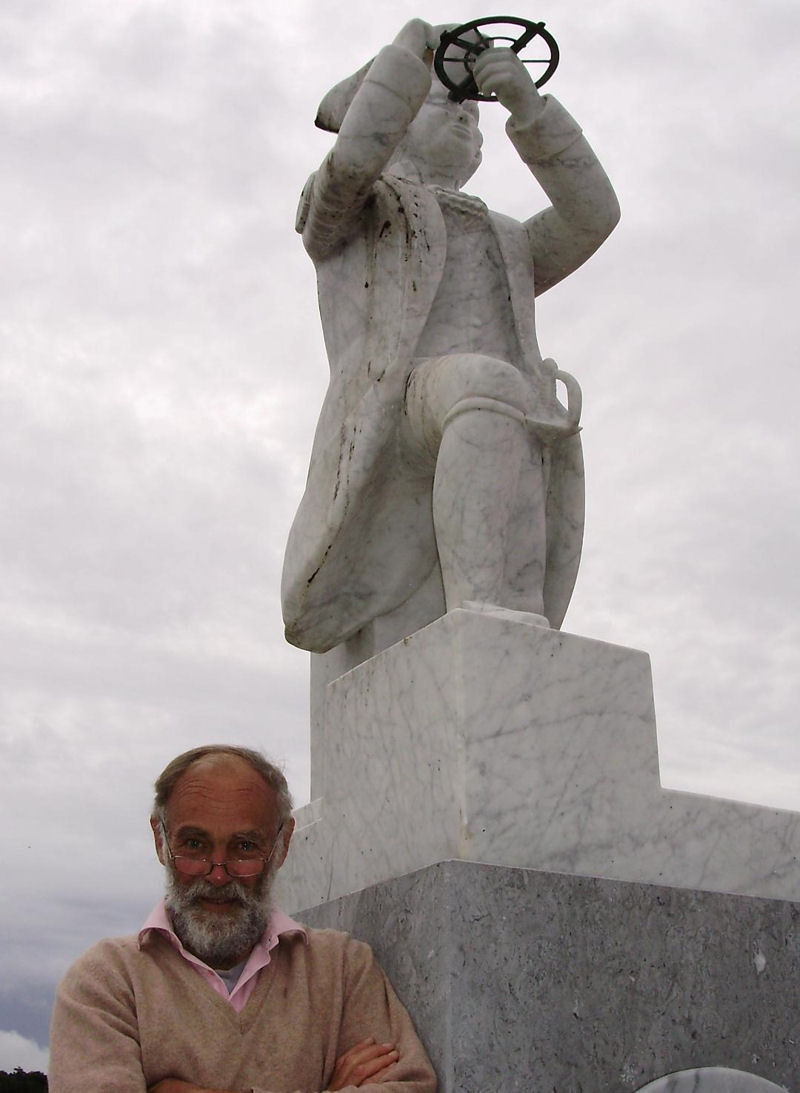2019-15 Everything on the table? An MBC?
 Tuesday, May 7, 2019
Tuesday, May 7, 2019 BREXIT: ALL OPTIONS ON THE TABLE, BUT ONE OF THEM IS NE’ER DISCUSSED:
AN INCLUSIVE POINTS PREFERENTIAL ‘PREFERENDUM’.
Majority voting can be divisive but indecisive; preferential voting can be inclusive and conclusive.
To devise a binary choice to satisfy (almost) everyone is probably impossible; drafting a multi-option referendum would be only difficult.
Democratic decision-making should cater for (almost) all; therefore, in parliament or a referendum, the ballot should be multi-optional, with options on the EU, the EEA, a Customs Union, the WTO, whatever. Accordingly, let an independent commission as in New Zealand in 1992, or a citizens’ assembly as two years ago in Ireland, draw up a balanced list of, say, five options.
Politics is the art of compromise; preferential voting is its science.
The democratic process should allow voters to compromise. At the very least, therefore, the vote should be preferential so that each voter may cast, not only a 1st preference but also, if they so wish, a 2nd and perhaps other preferences as well. In this points system,
+ he who casts only a 1st preference gives his favourite 1 point;
+ she who casts a 1st and a 2nd preference gives her favourite 2 points (and her second choice 1 point);
and so on; thus, in a five-option ‘preferendum’,
+ he who casts all five preferences gives his favourite 5 points (his second choice 4, his third 3, etc.).
A 1st preference is never, therefore, devalued by a 2nd or other preference. This Modified Borda Count, MBC* encourages both the voters to cast their compromise option(s) and the protagonists to campaign positively among their erstwhile (majoritarian) opponents.
The result is the option with the highest points score. At best – if everyone casts full ballots – this is everyone’s highest average preference and, therefore, their best possible compromise.
_________________
Majority rule divided Northern Ireland. Brexit divided England. And “all the wars in the former Yugoslavia started with a [binary] referendum,” (Oslobodjenje, Sarajevo’s newspaper, 7.2.1999). Instead of seeking a solution with yet more division, let us use a more inclusive, more democratic MBC which, to quote the late Professor Sir Michael Dummett, “is the soundest method of identifying the [option which] is most generally popular… or at least the most acceptable.”
* The MBC was invented in 1770. In a ballot on n options, a voter may cast m preferences. So n ≥ m ≥ 1. Points are awarded to (1st, 2nd … last) preferences cast according to the rule (m, m-1 …1).
 Deborda | Comments Off |
Deborda | Comments Off | 

